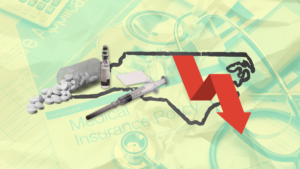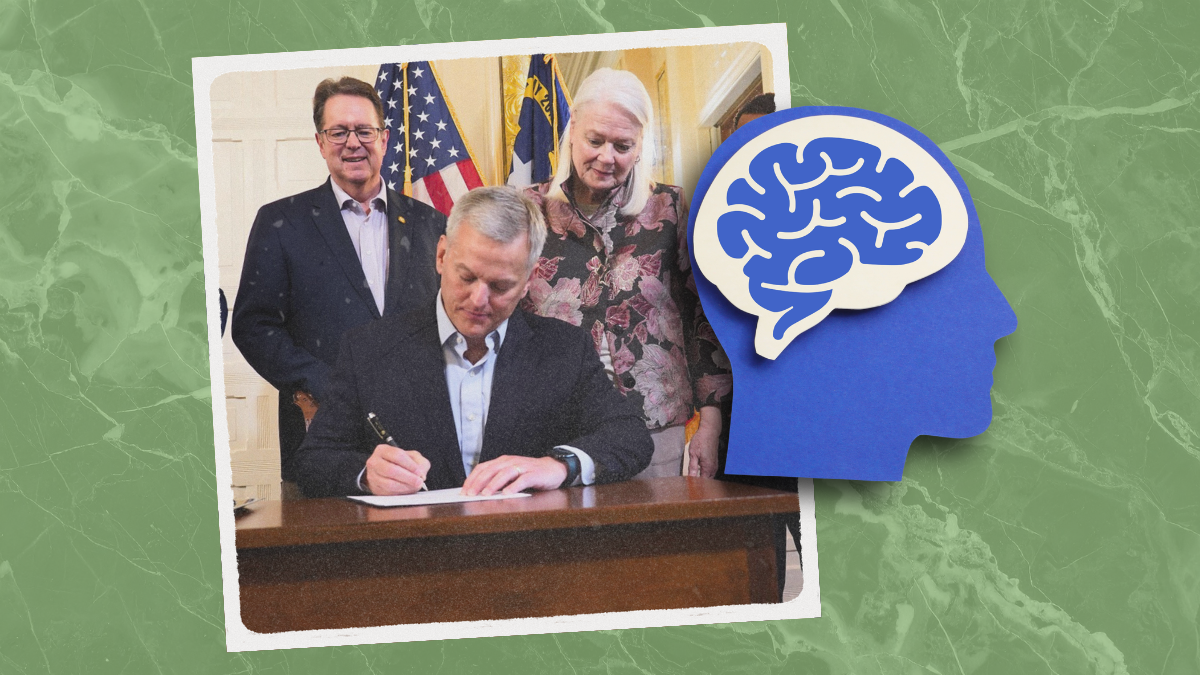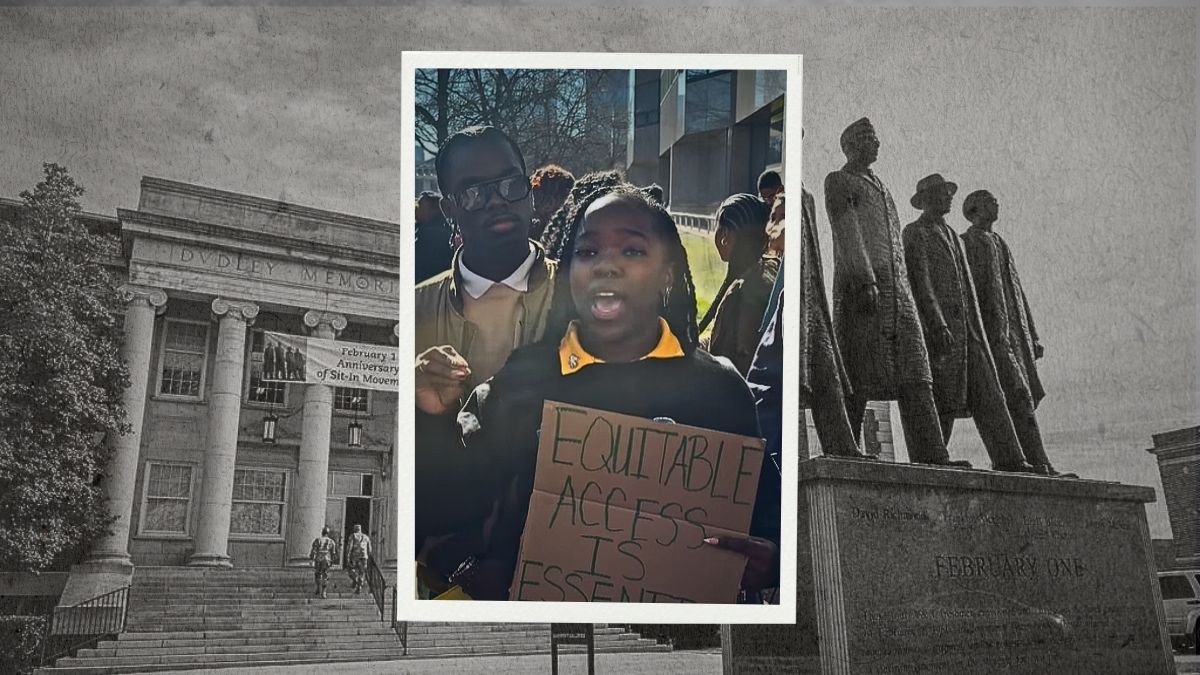Mission Hospital nurses and their patients are in the path of several runaway trains at once. But Mission’s struggles are not just about a single hospital: This is a national...
Read MoreMission Hospital nurses and their patients are in the path of several runaway trains at once. But Mission’s struggles are not just about a single hospital: This is a national...
Read More
Advocates argue that at a time when families are struggling to afford premiums, prescriptions, and medical bills, North Carolina needs leaders who will protect and expand access to care. Whatley’s record shows support for policies that would raise costs and weaken health care security for hundreds of thousands of North Carolinians.

North Carolina Governor Josh Stein’s Energy Policy Task Force released its interim report last month, with a set of nine recommendations for ensuring that North Carolinians have affordable, reliable, and clean energy supplies as demand for energy skyrockets in the state.

Estos desarrollos reflejan el continuo debate en Carolina del Norte sobre el papel de la detención migratoria, las condiciones en los centros de custodia y el impacto que estas políticas tienen en comunidades inmigrantes en todo el estado.

Mission Hospital nurses and their patients are in the path of several runaway trains at once. But Mission’s struggles are not just about a single hospital: This is a national problem.

Compared to 2025, Medicaid enrollment in North Carolina has gone down 22%, with 761,457 people enrolled this year. According to NC Health News, more than 200,000 North Carolinians lost their affordable coverage since the sunset of enhanced premium subsidies.

The current rise in home insurance rates places a heavy cost burden on a significant portion of Black households compared to other communities. According to data from Zillow, 19% of Black households nationwide are cost-burdened, compared to 12% of white households, 17% of Hispanic households, and 18% of Asian households.

Unfortunately, this holiday season is different. Our business has been impacted by the reckless tariffs from Washington, DC. The tariffs are driving up prices of our goods 20 to 50 percent, and some vendors have used the tariffs to further raise the price of goods and even shipping. Some of our customers’ favorite brands have stopped shipping to the United States entirely. And unlike corporate retailers, we don’t have any negotiating power.

“When people in crisis do not get help in time, the consequences can be tragic,” Gov. Stein stated during the order’s announcement. The order points to a number of high-profile cases where lives were lost at the hands of individuals with complicated mental health histories.

When I was teaching from 2011 to 2017, social studies was my favorite subject—not just for the maps and timelines, but for what they revealed about how power moves. The classes explained who makes decisions, who carries their cost, and how geography and governance collide.

La Cámara de Representantes aprobó la Ley SAVE America, un proyecto de reforma electoral que impondría nuevos requisitos para registrarse y votar. La medida exigiría prueba de ciudadanía al momento del registro, identificación con fotografía para votar y una copia de identificación para las boletas enviadas por correo.

In 2025, Rep. Majeed ultimately voted with Republicans 70% of the time– despite just 13% of his district voting for the conservative NC House candidate in 2024.

As the delay continues, schools are left deciding which services, programs, and staff members they can afford to keep. Across the state, teachers and other state employees are also dealing with rising bills and ever-increasing health insurance plans, with some seeing their monthly premiums nearly triple. With no budget to deliver much-needed raises, this amounts to a pay cut for many.

The Republican-led North Carolina Board of Elections has recently eliminated voting sites from several university campuses, including NC A&T State University, Western Carolina University, UNC Greensboro, and Elon University.

Willingham has voted with Republicans 83% of the time– the second highest rate of all Democrats in the General Assembly. With the help of Willingham, state Republicans were able to pass bills that officials and advocates warned would have detrimental effects to the residents of North Carolina, from higher electric bills to looser gun laws.